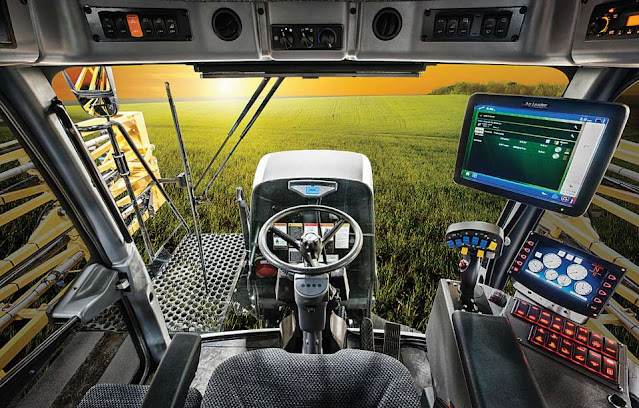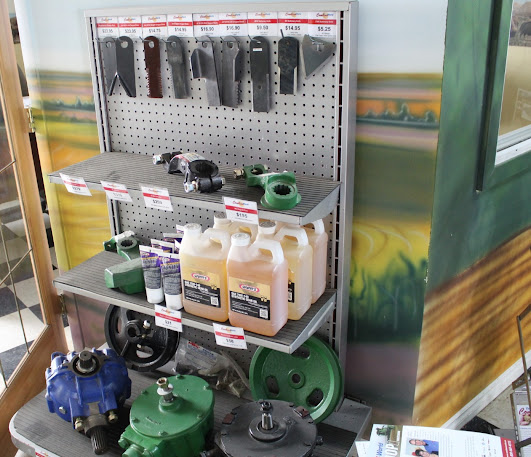How Combine Technology is Adapting to Climate Change
Agriculture is already being significantly affected by climate change, and this will only get worse over time. Changing climate patterns are affecting the timing and methods of harvesting, and this is forcing farmers to adapt their practices.
The shorter growing seasons pose a major obstacle for farmers. Temperatures are rising and precipitation patterns are becoming more erratic in many parts of the world. This is making it challenging for yields to develop before the finish of the time. Farmers must either plant earlier or switch to crops that can withstand warmer temperatures as a result.
Another test or challenge is more outrageous climate occasions. Dry spells, floods, and intensity waves are turning out to be more normal, and these can harm yields or make it hard to collect them. In order to safeguard their crops from these events, farmers are compelled to make investments in irrigation systems and other measures.
Consolidate innovation is additionally being adjusted to address the difficulties of environmental change. Farmers are now able to harvest crops more quickly and in a wider range of conditions thanks to the increasing efficiency and adaptability of combine harvesters. Additionally, they are becoming more automated, which may assist in lowering the likelihood of human error.
Here are some specific examples of how combine technology is being adapted to climate change:
• Adapting to shorter growing seasons: Combine harvesters are being equipped with sensors that can detect the ripeness of crops. This allows farmers to harvest crops at the optimum time, even if the growing season is shorter than usual.
• Dealing with unexpected weather events: Combine harvesters are being designed to be more weather-resistant. This includes features such as sealed cabs that protect operators from the elements and engines that can operate in extreme temperatures.
• Harvesting multiple crops: Combine harvesters are being designed to be able to harvest multiple crops. This allows farmers to be more flexible in their cropping choices and to adapt to changing market conditions.
Agriculture faces a significant challenge from climate change, but combine technology is assisting farmers in adapting and maintaining food production. Combine technology is likely to continue developing in response to farmers' needs as the climate continues to change.
Notwithstanding the difficulties referenced above, environmental change is likewise influencing the nature of yields. Heat waves, for instance, have the potential to harm crops and increase their susceptibility to diseases and pests. This can prompt lower returns and decreased benefits for ranchers.
Farmers are confronting a troublesome undertaking as they attempt to adjust to environmental change. Nonetheless, by putting resources into new advancements and practices, they can assist with guaranteeing that they can keep on delivering nourishment for the world.





Comments
Post a Comment